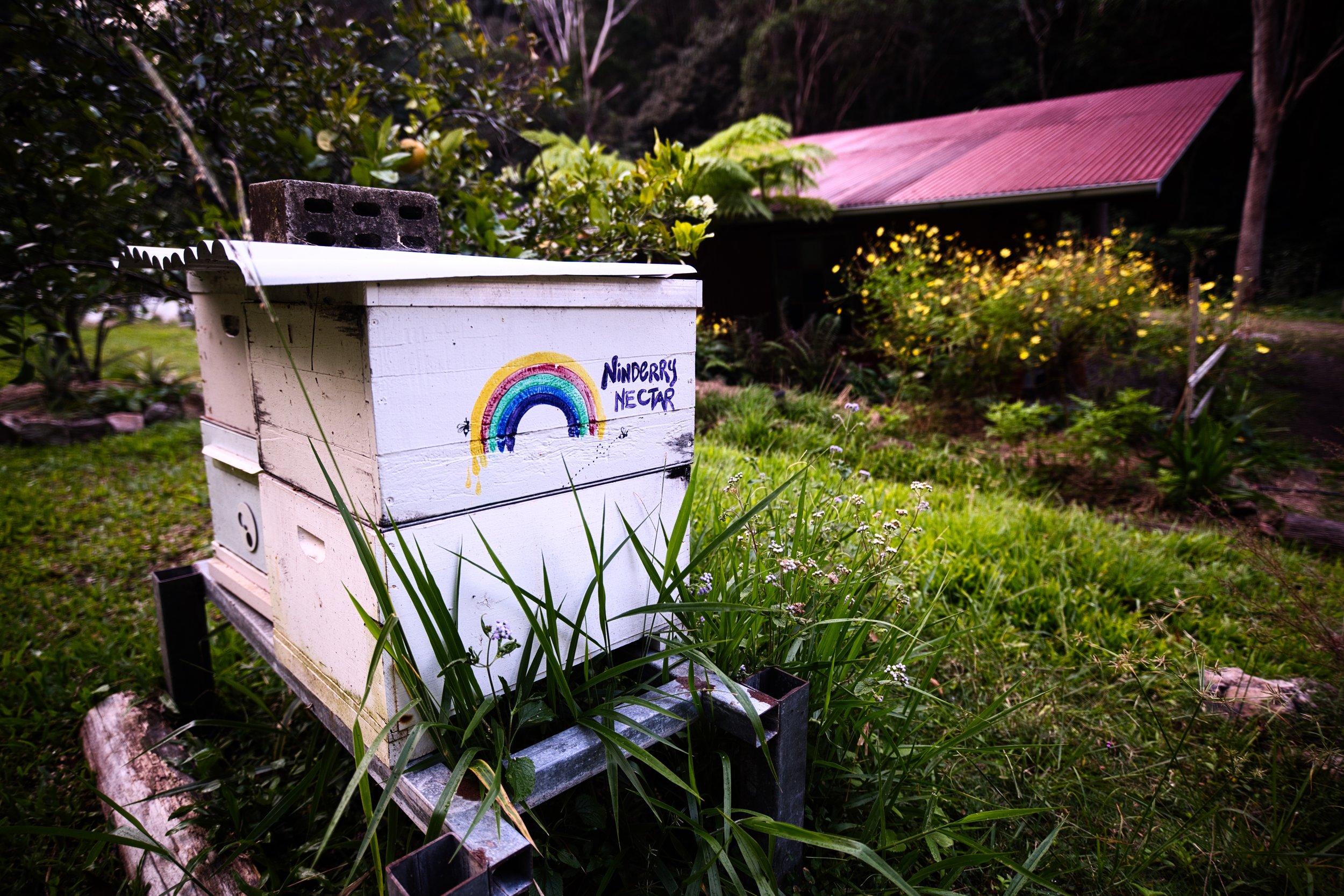Abundance
Here we are on the first day after the Winter Solstice in the Southern Hemisphere. As news breaks of U.S. bombings targeting Iran’s nuclear sites, the world braces for another chapter in the endless saga of “war”. Social media erupts with hashtags and declarations of who’s right and who’s wrong. The media spins narratives of heroes and villains, feeding us a pantomime of good versus evil that demands we pick a side. But in this moment of escalating tension, I find myself reflecting on a recent campfire conversation where I expressed a simple desire: de-escalation, an end to unnecessary war. To which came the rebuttal, “War is necessary.”
That statement lingered. Is it necessary? From lion prides clashing with hyenas to chimpanzees battling over fruit-rich lands, conflict seems woven into the fabric of life. Farmers wage war on weeds; neighbors bicker over overhanging trees. At its core, war seem stems from scarcity—real or perceived—driving competition for resources, status, or survival. As the United Nations studies suggest, alleviating poverty and creating abundance can foster cooperation and reduce conflict. If scarcity (or at least the perception of scarcity) fuels war, could abundance (or the perception of abundance) quench it?
The recent U.S.-Iran escalation is no exception. Beneath the headlines lies a struggle over power, resources, and ideological dominance. The media are incentivised to package it as a blockbuster—World War III looming, complete with dramatic soundbites and viral images. We’re nudged to wave one flag or another, to declare the “noble” side. But this binary framing obscures the infinite nuance of conflict. History warns that noble causes often crumble into chaos. Take Che Guevara for example, idolised on dorm-room posters (I even had one as a 20 year old student) as a champion of the oppressed. His fight against imperialist exploitation led to executions without trial and labor camps that persecuted the marginalized such as homosexuals. A revolutionary fuelled by “pure hate,” as he is quoted in saying, became a cautionary tale of how righteousness can birth atrocities.
This is the pantomime; the self-righteous urgency to pick a side—it seems to Shepheard us into deeper cycles of division. Ignores the truth that our understanding is limited by the information we receive and our capacity to process it. Some people are more aware than others. Some have more “skin in the game” and are more involved than others. But as individuals, maybe we’re not omniscient arbiters of justice; maybe we’re humans grappling with fragmented perspectives. And the more we cling to moral absolutes, the further we drift from resolution.
It seems to me, that a worthwhile course of action is to turn inward. A moral revolution of sorts. The Bible offers a clue in its oft-misunderstood phrase, “The meek shall inherit the earth.” In its original context, a better translation might be “those who wield a sword but choose to keep it sheathed.” This is not passivity but disciplined strength—knowing the tactics of war but choosing restraint until necessary. In Daoist philosophy, war reflects disharmony, an excess of fiery ambition or rigid control, needing the cooling flow of contemplation to restore balance. Our bodies mirror this: a liver scarred by alcohol’s abuse or a mind clouded by inherited “trauma” reveals the internal wars we all fight. De-escalating the “collateral damage” under this philosophy comes not from more conflict but from aligning with natural rhythms—Wood, Fire, Water, Earth, Metal—flowing in harmony.
The war within feels where true power lies. Epigenetics tells us trauma can echo across generations, embedding disharmony in our DNA/soul. Yet, in every microsecond, we have a choice: to perpetuate cycles of conflict (toward an ultimate entropy) or to cultivate more harmony. Not always a straight line; it’s a practice. Just do better than yesterday. Course correct were necessary. Hopefully the collateral damage from the mis direction does not foster more demise. By fighting our personal battles—against anger, fear, or dogma—we might free ourselves from the marionette strings of external narratives. As Oscar Wilde quipped, “Be yourself, because everyone else is taken.” To be a pawn in someone else’s war is to surrender autonomy.
What if we built internal systems aligned more with the Dao, prioritizing harmony over entropy? Could these foster wider cultural systems that embrace nuance over binary tales, tempering our rush to judgment. Personal systems—meditation, journaling. Communal systems - bodywork therapy, dance—could they help us navigate the fractals of conflict within? As the film director Wes Anderson states:
“When you’re writing a story, it often feels less like you’re doing architecture and more like you’re doing excavation–we’re just unearthing it.”
Perhaps we need less emphasis on building out architecture and more emphasis on internal soul excavation. Clear the internal drama and allow the good stuff to come out.
War may be a constant, but its form is not fixed. By dealing with the war within, we can transcend the pantomime of external conflict. Sheathe our swords, not out of weakness, but from a strength that seeks harmony over chaos. In doing so, we may become not marionettes, but architects of a world where abundance and understanding prevail. Maybe not in our lifetime, but maybe someday. Or maybe not ever. Whatever the course, it all starts with an idea…






